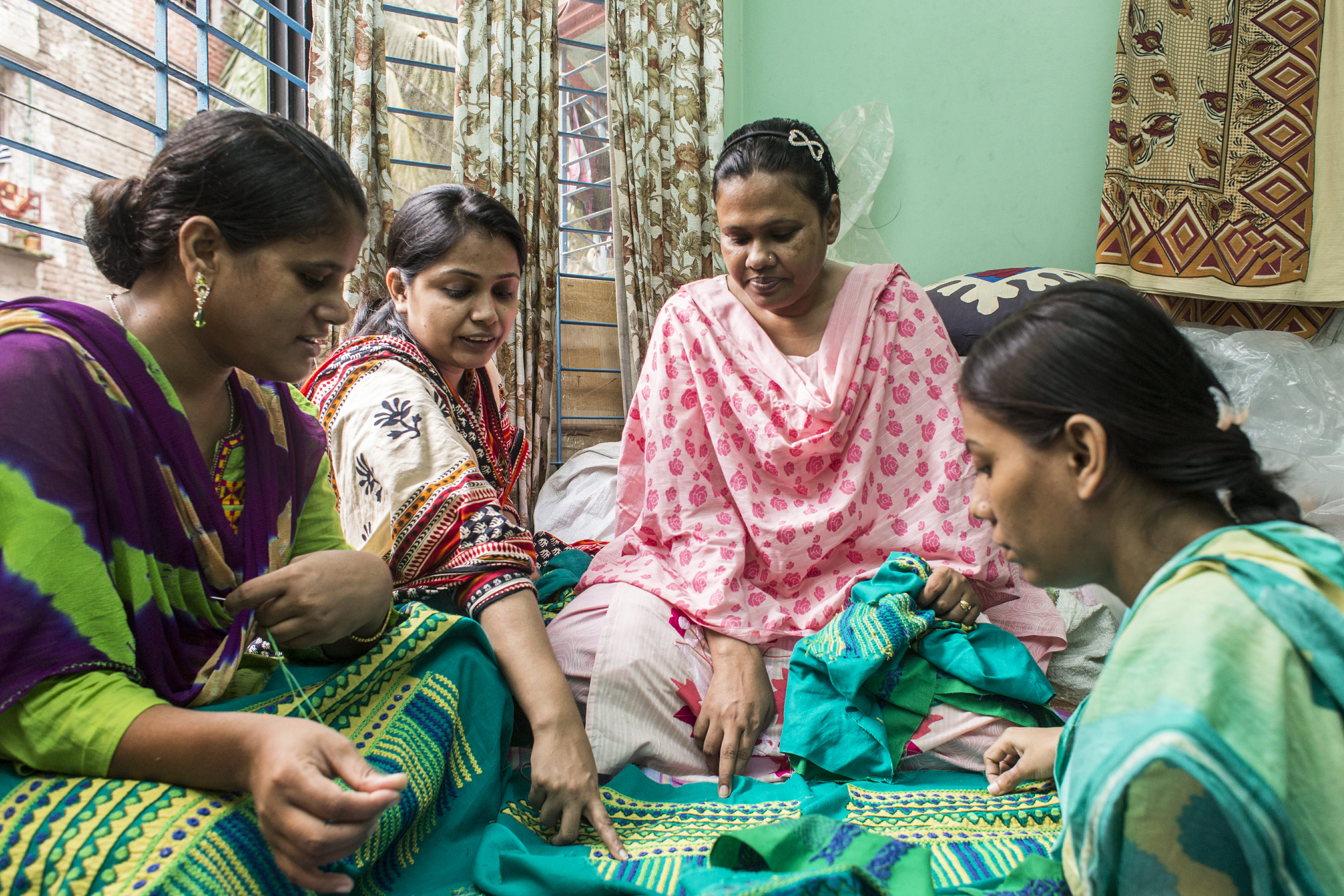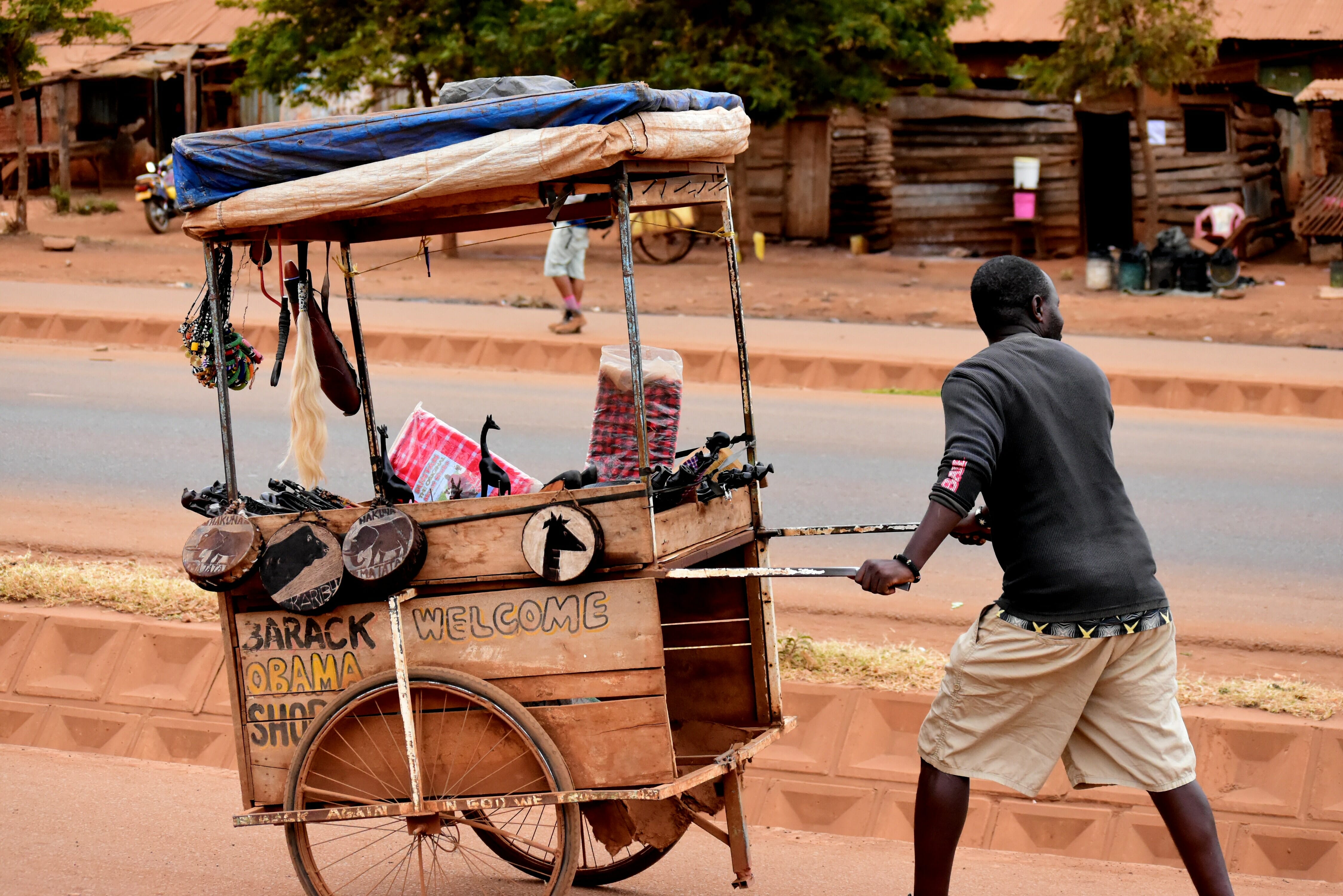Local Economic Development (LED) is a strategy for promoting local economies as a way to fight poverty. LED programs often include elements of service market development and/or value chain development and vice versa. Urbanisation has important implications for Private Sector Development. Cluster development refers to specific kind of LED strategies which focus on encouraging and supporting sectoral and geographic agglomerations of inter-connected companies, services and institutions.
- Towards an urban world: What does it mean for Private Sector Development? DCED Synthesis Note, 2019. Defines key terms, considers urbanisation as a trend, and explores the implications for LED, Business Environment Reform, Market Systems Development and Private Sector Engagement.
- Supporting Local and Regional Business Environment Reforms, DCED, 2016:
This Annex to the DCED’s Practical Guidance on Supporting Business Environment Reform (BER), focuses how donor and development agencies can support Business Environment Reforms at local and regional levels. - A Review of Donor Agency Support for Regional and Local Business Environment Reform, DCED, 2016. This Paper reviews donor and development agency experiences in supporting BER at regional (i.e., supra-national territories) and local (i.e., sub-national territories) levels. It identifies the advantages and disadvantages of such approaches, as well as identifying good practices and lessons learnt.
- An Overview: Local Economic Development, SDC 2018
- Linkages to the Resource Sector. The Role of Companies, Government and International Development Cooperation, GIZ, 2016.
- Competitive cities in the 21st century: Cluster-Based Local Economic Development, ADB, 2011.
- Industrial Clusters for Micro, Small and Medium Enterprise Development in Africa: From survival to growth, The World Bank, 2011.



- What are the features of urbanisation and cities that promote productivity, employment and salaries? EPS PEAKS, 2014.
- Productivity-enhancing manufacturing clusters: Evidence from Vietnam, UNU-WIDER Working Paper, 2014.
- Clustering, Competition and Spillover Effects; Evidence from Cambodia, UNU-WIDER Working Paper, 2014.
- Cluster and Network Development Case Studies, UNIDO, 2008-2012.
- Case studies of Local Economic Development, The World Bank.
- Managing Informality: Local government practices and approaches towards the informal economy – Learning examples from five African countries, SA LED Network and LEDNA, 2012.
- Radio programmes for Small Businesses. Using Media for Local Economic Development in Ghana, GIZ, 2012.
- Mesopartner LED and cluster promotion case studies (podcasts)
Photo credits: jozuadouglas/ pixabay.com; katalyst